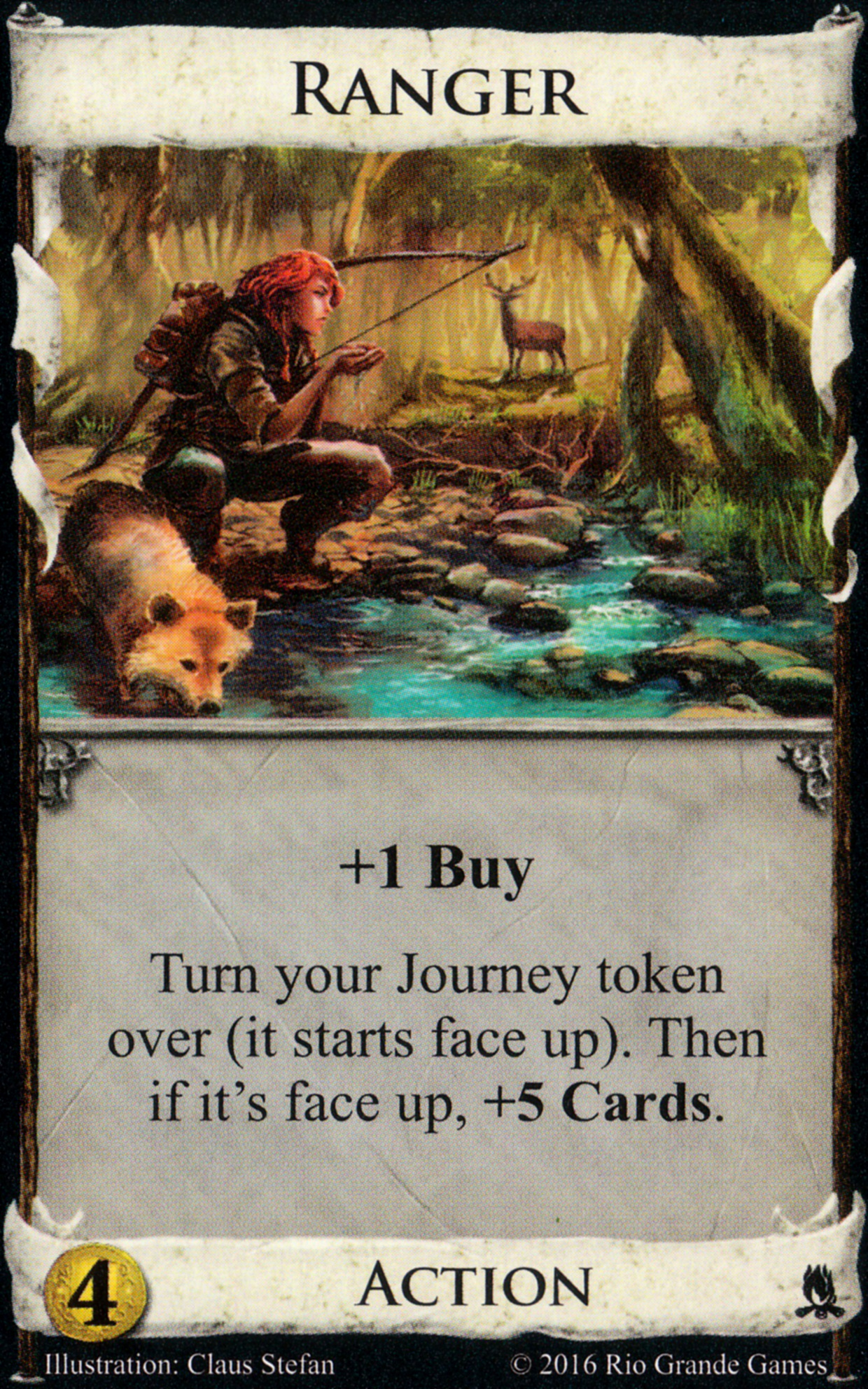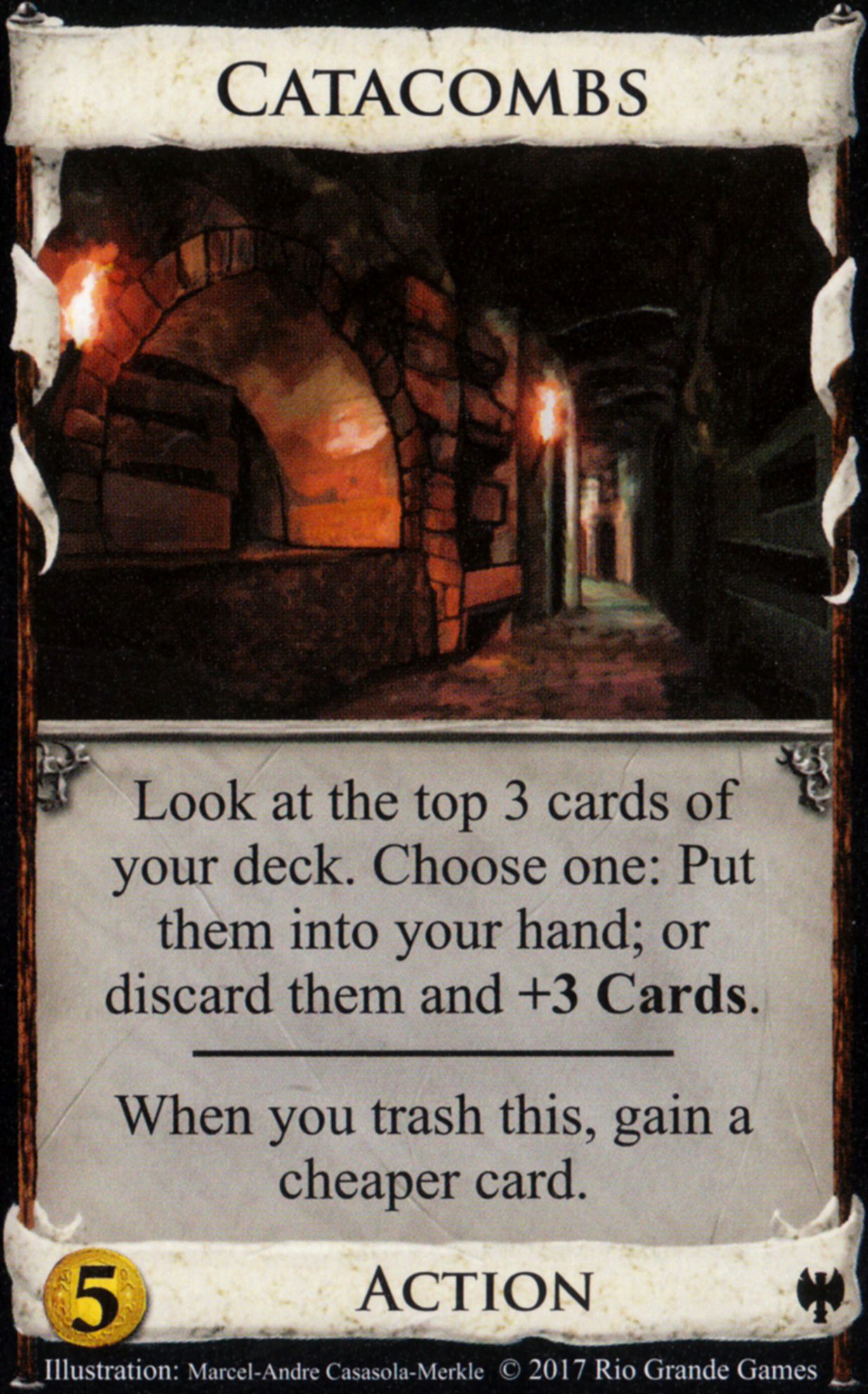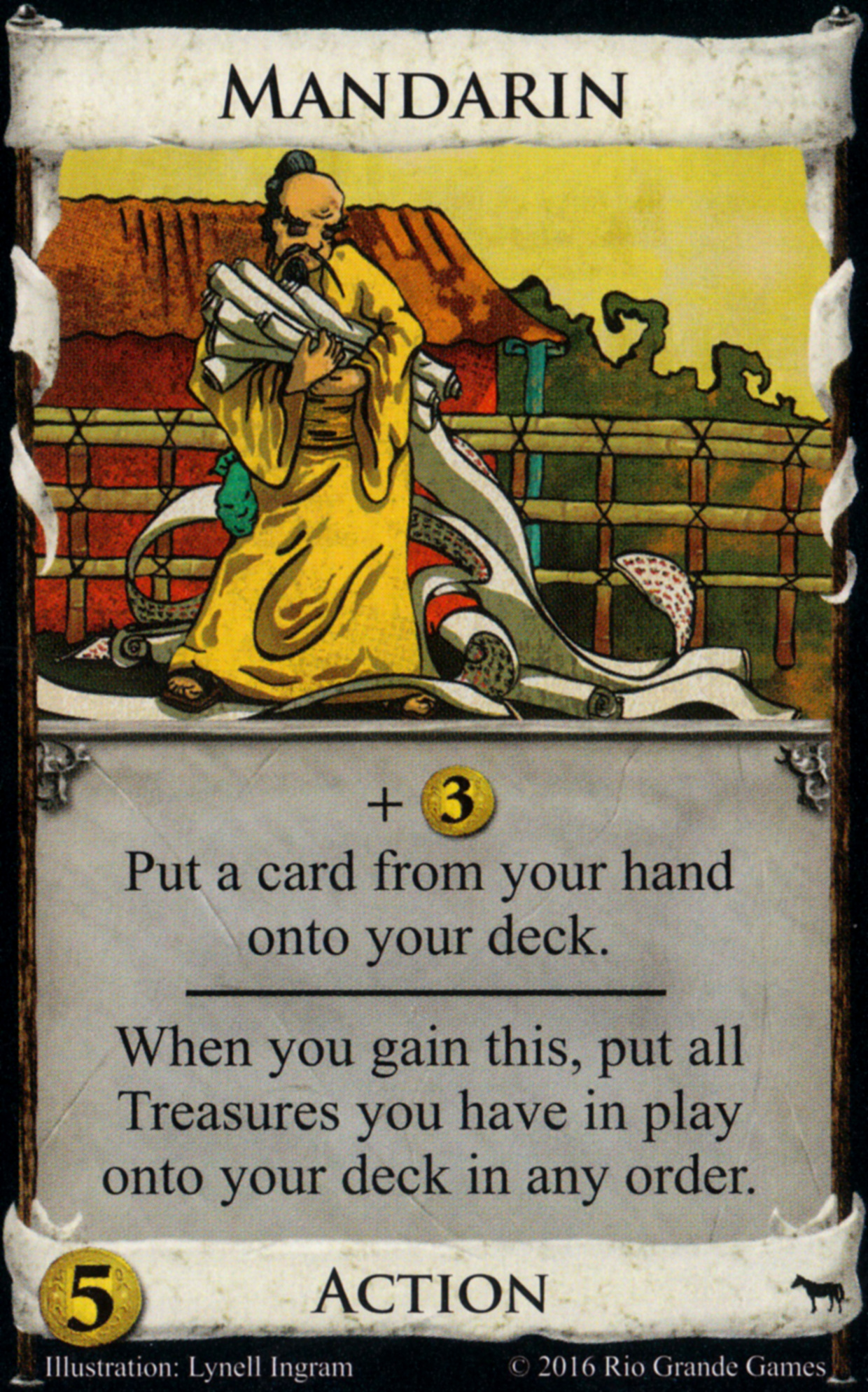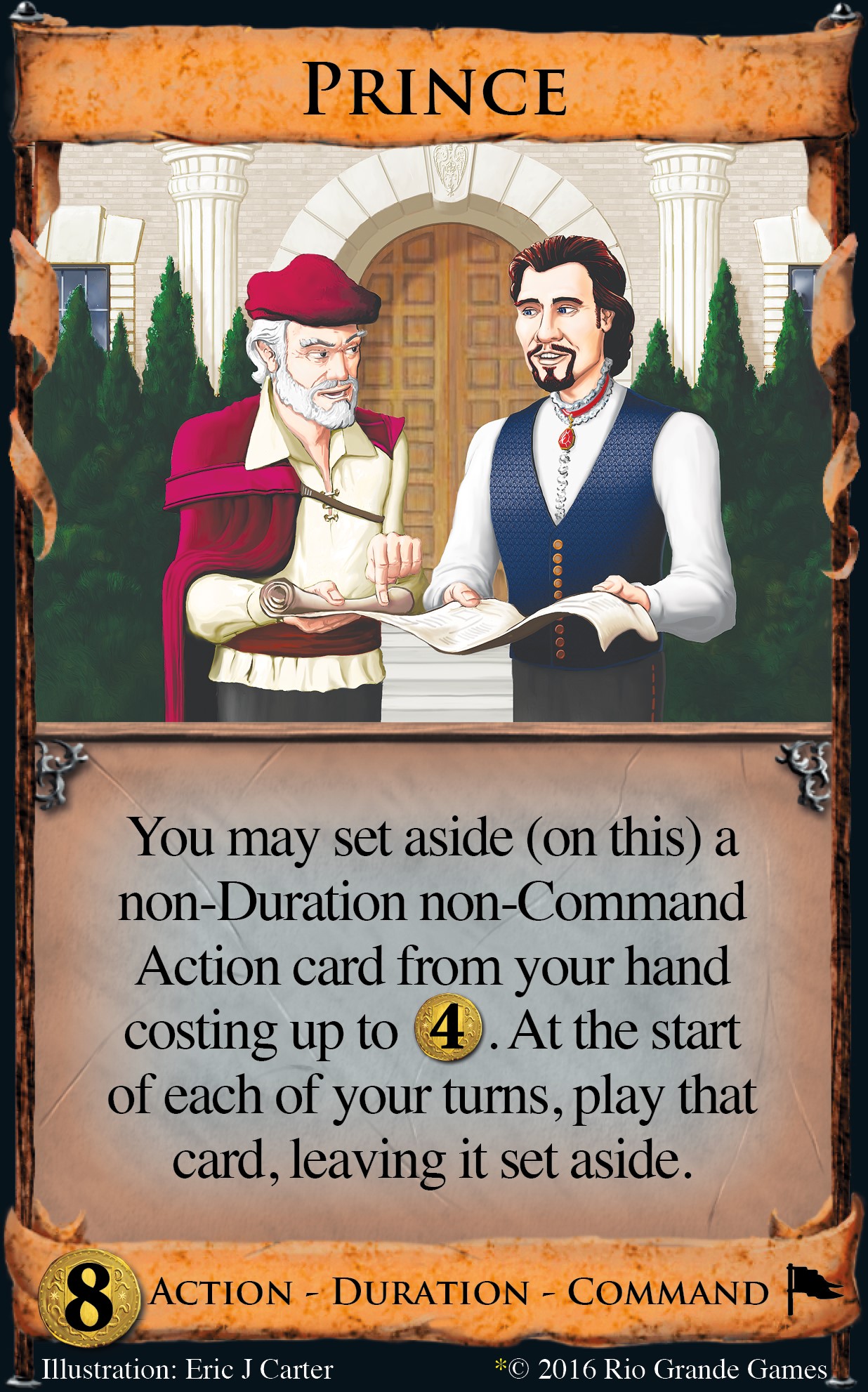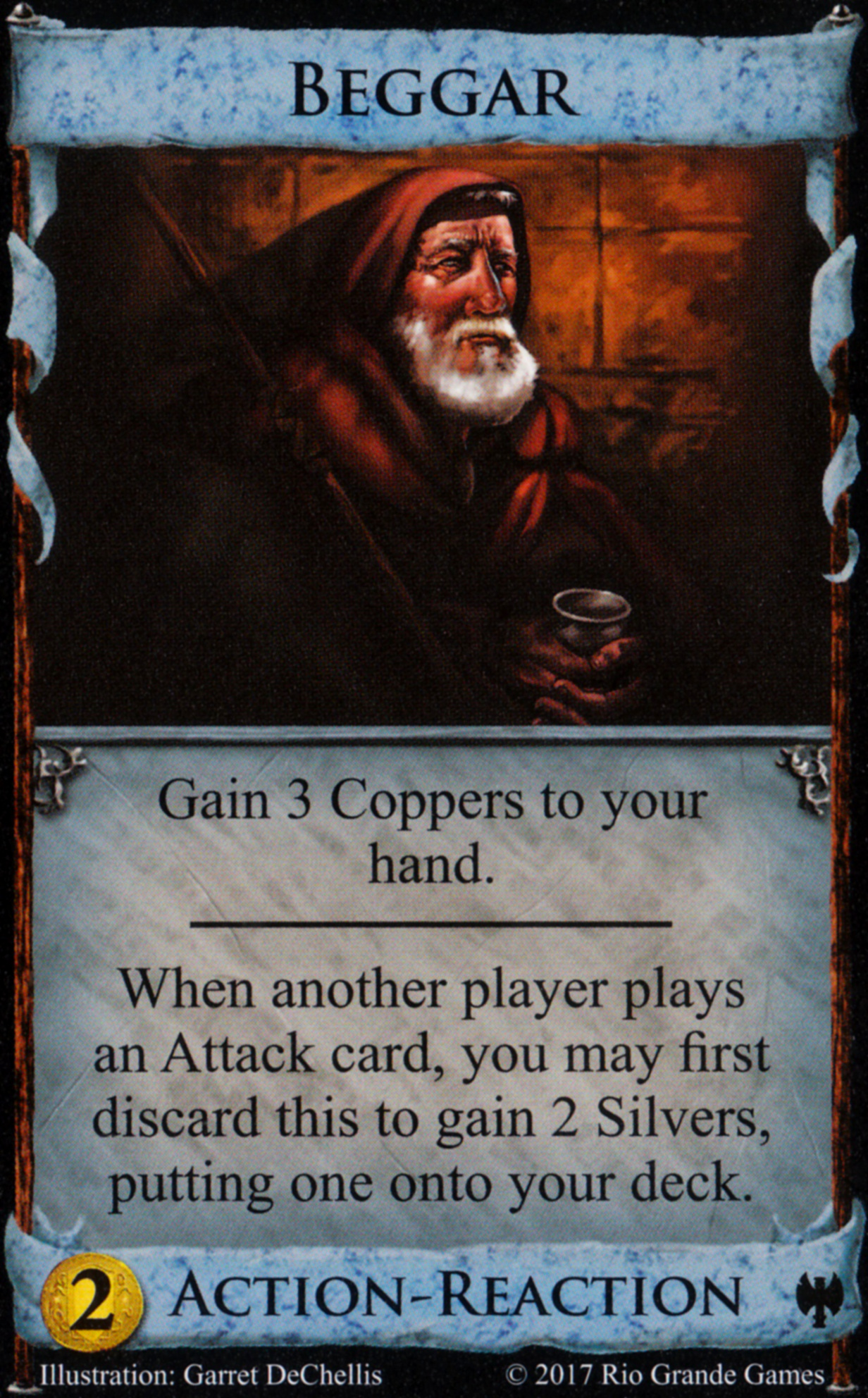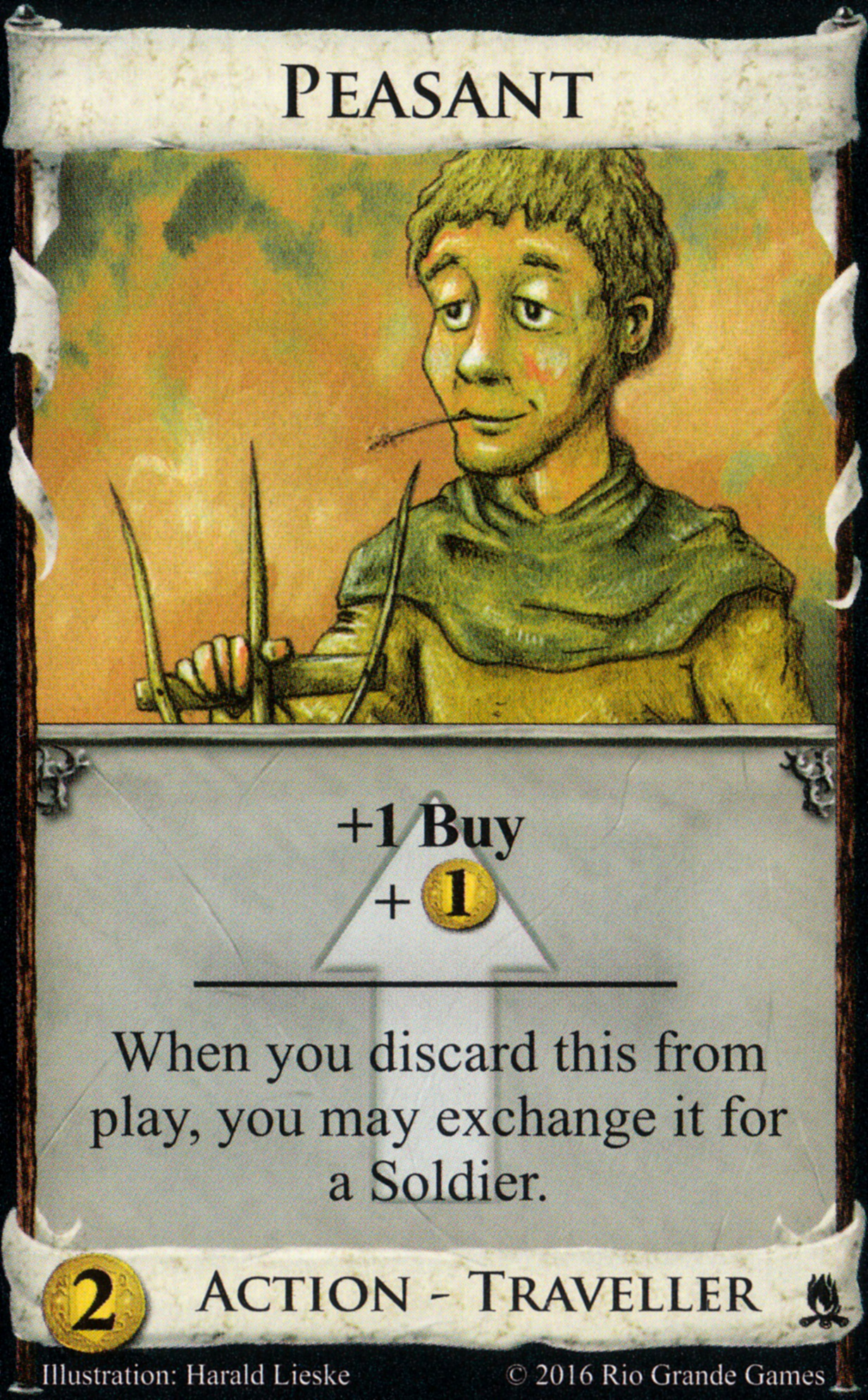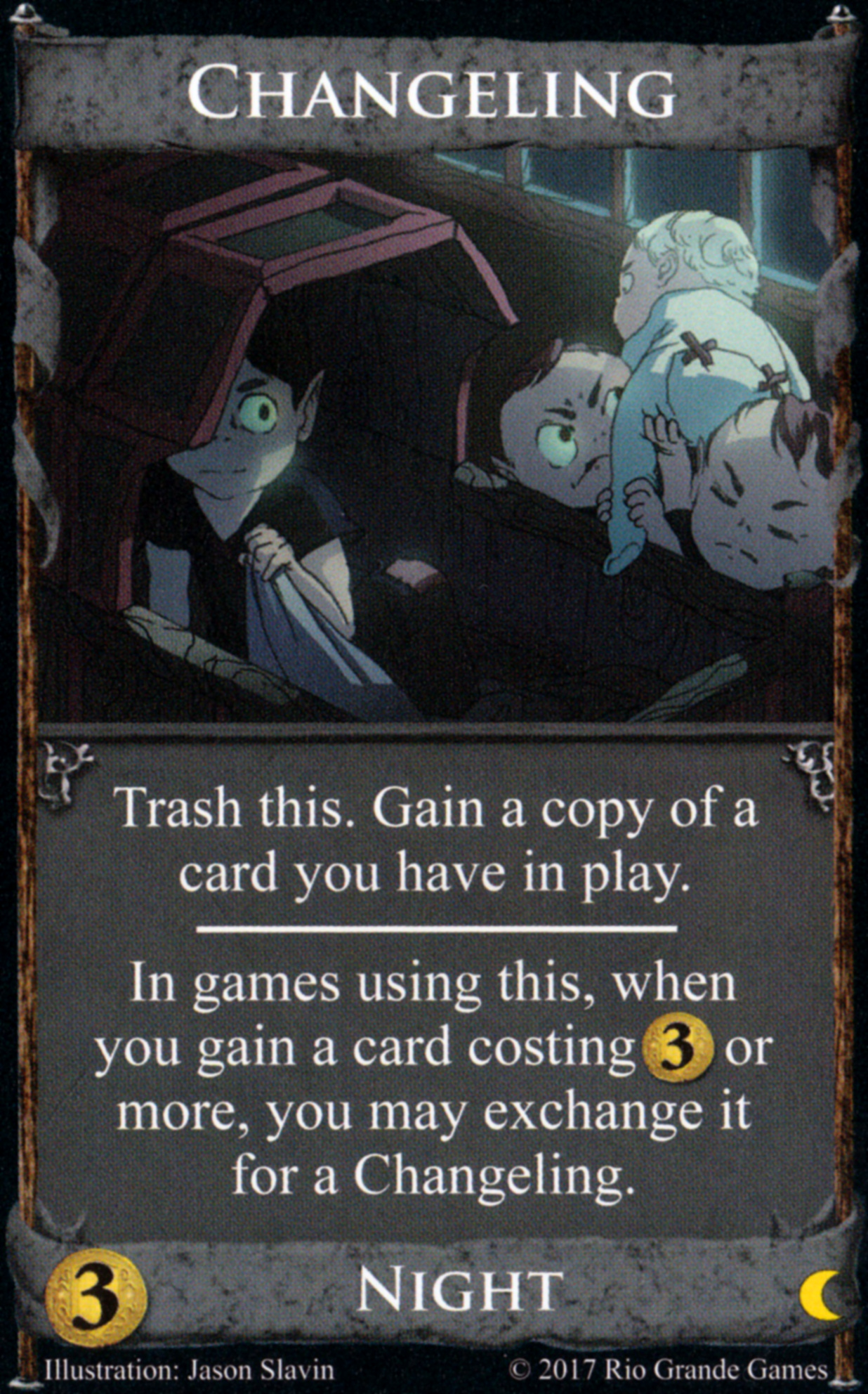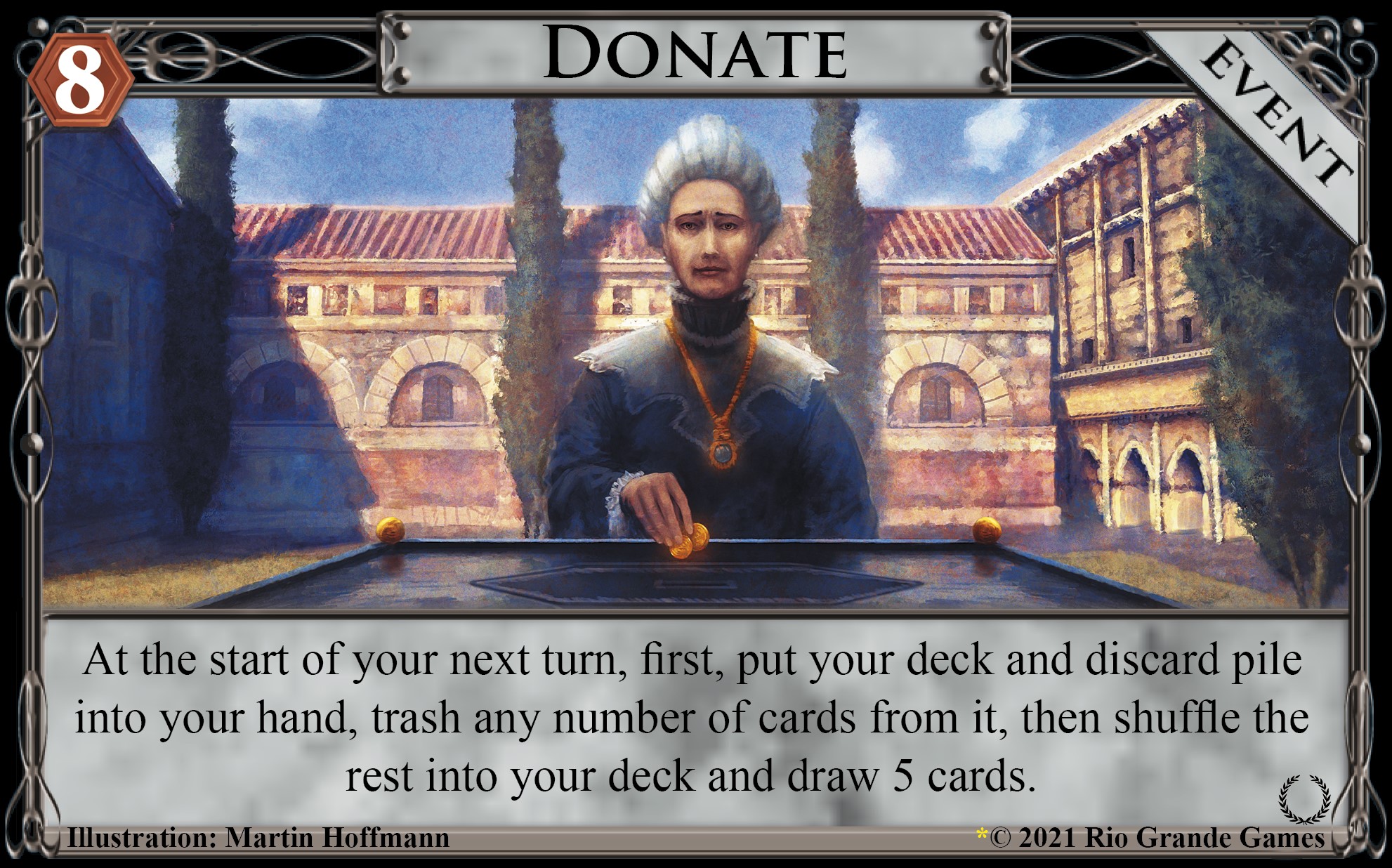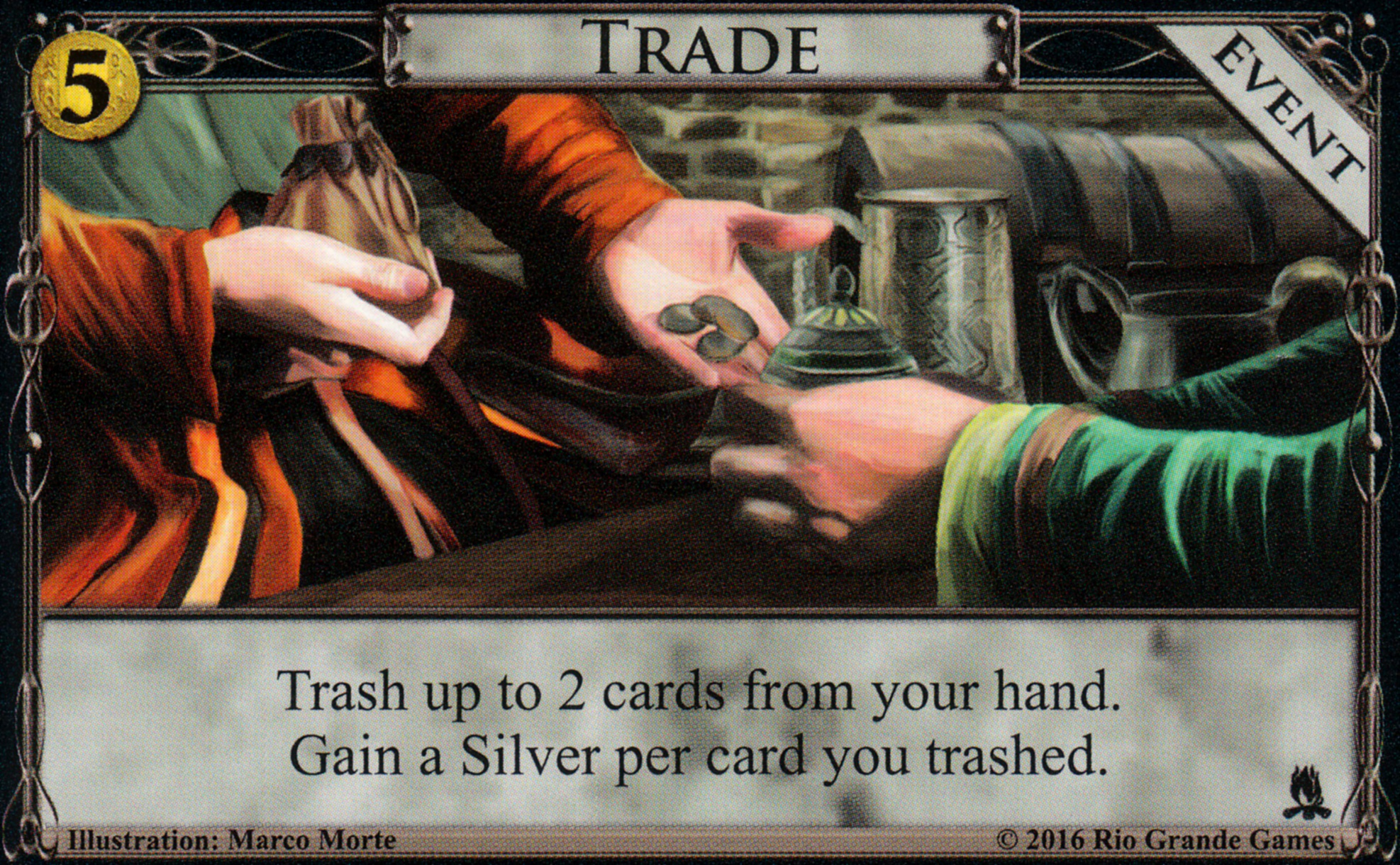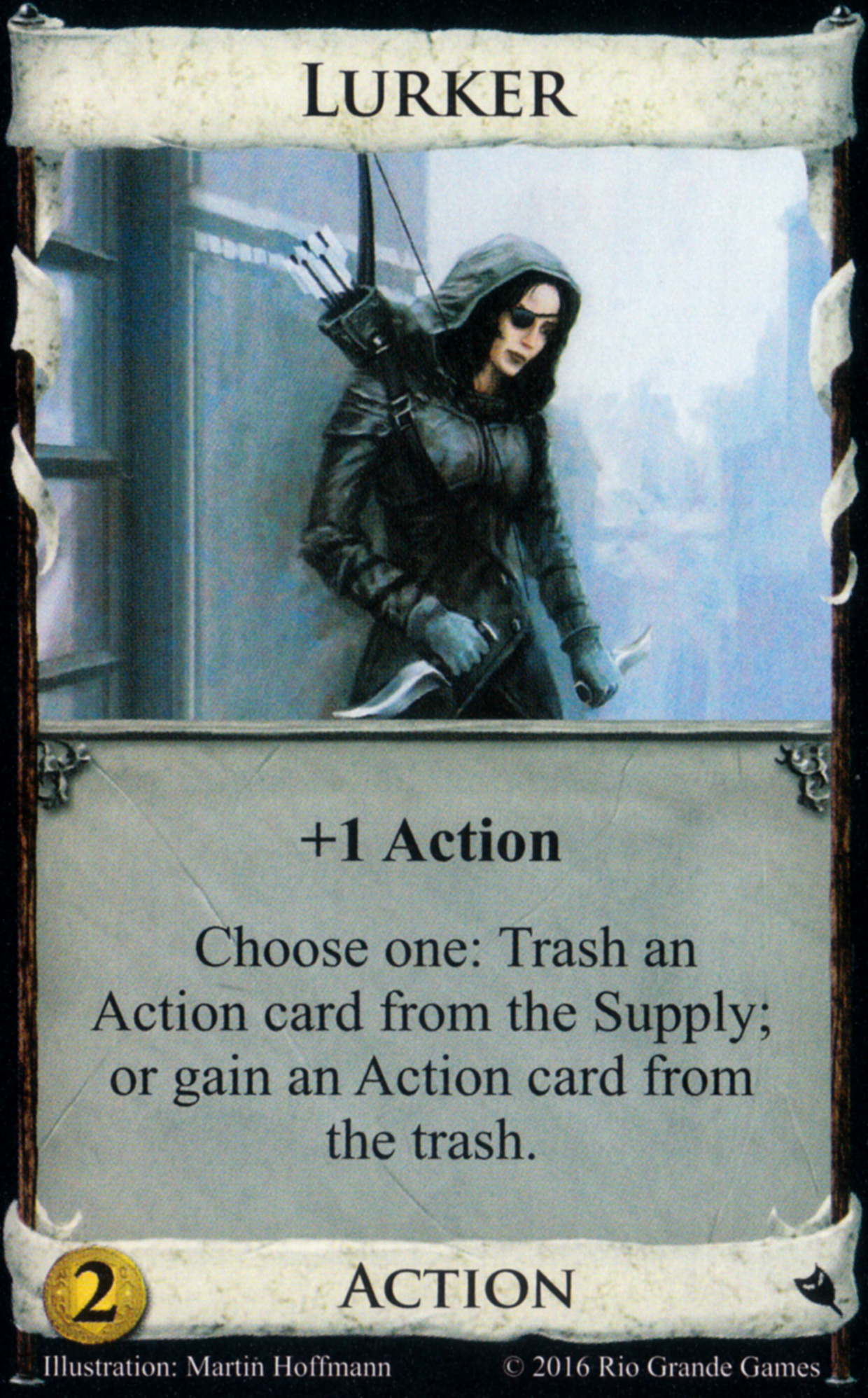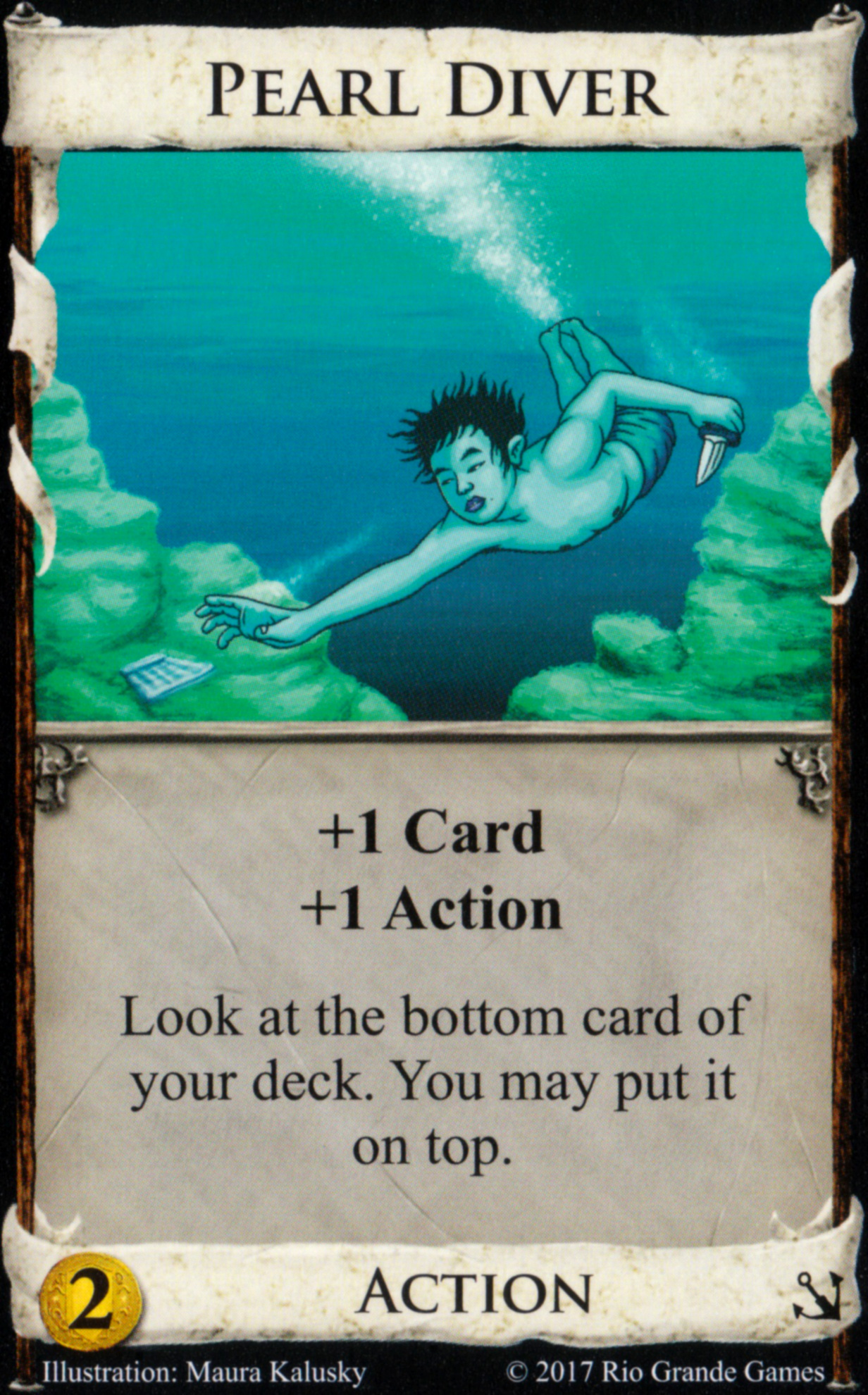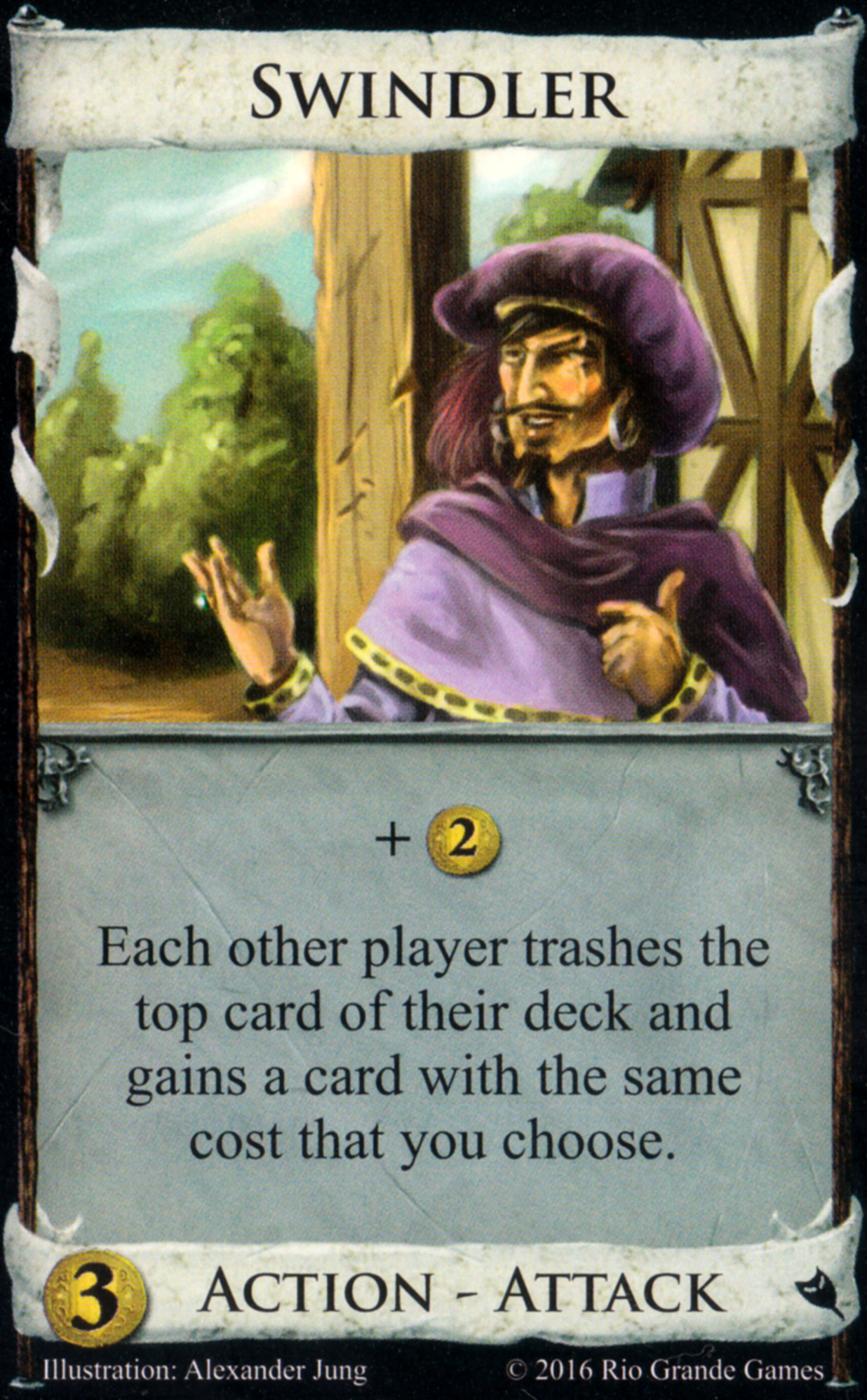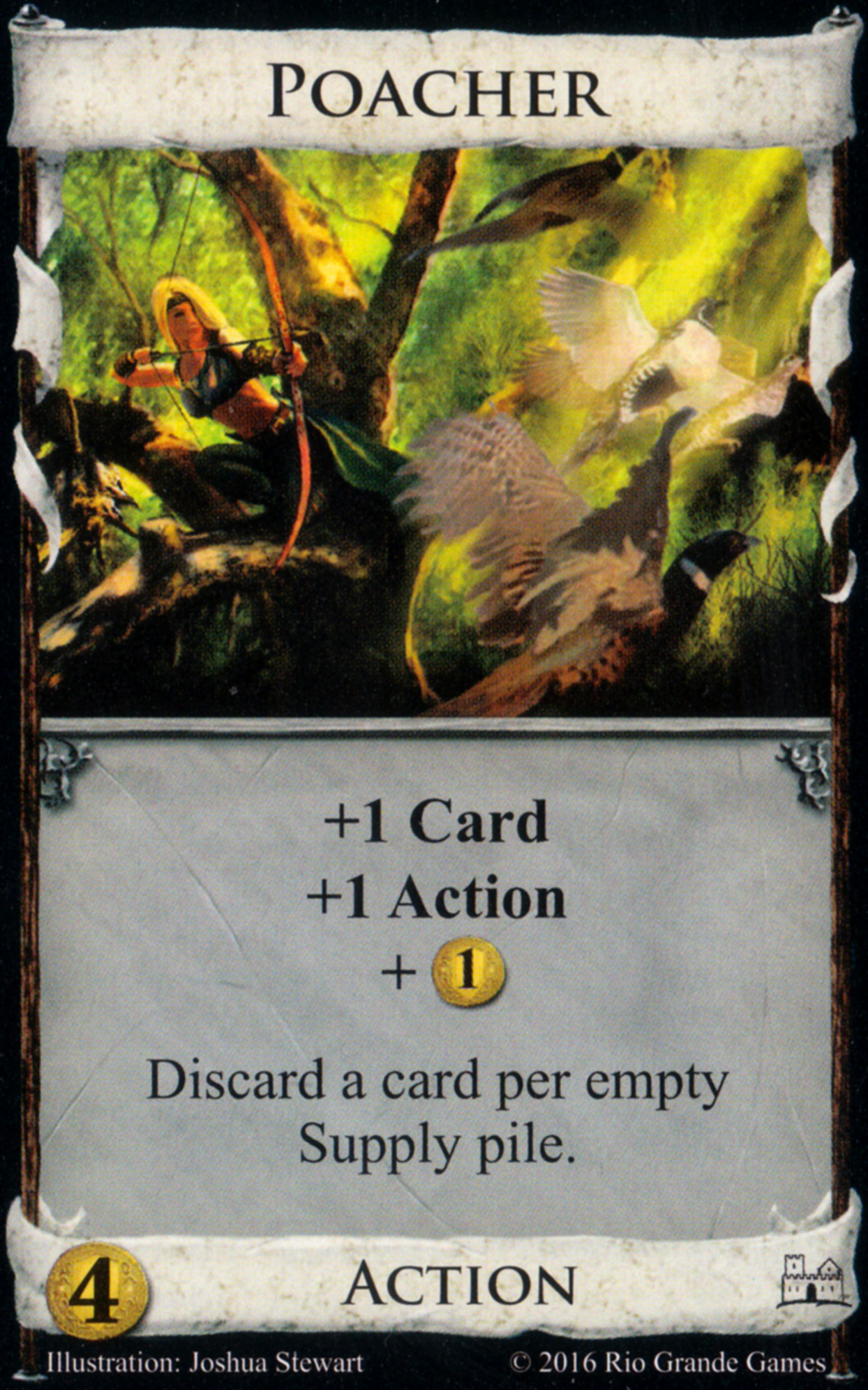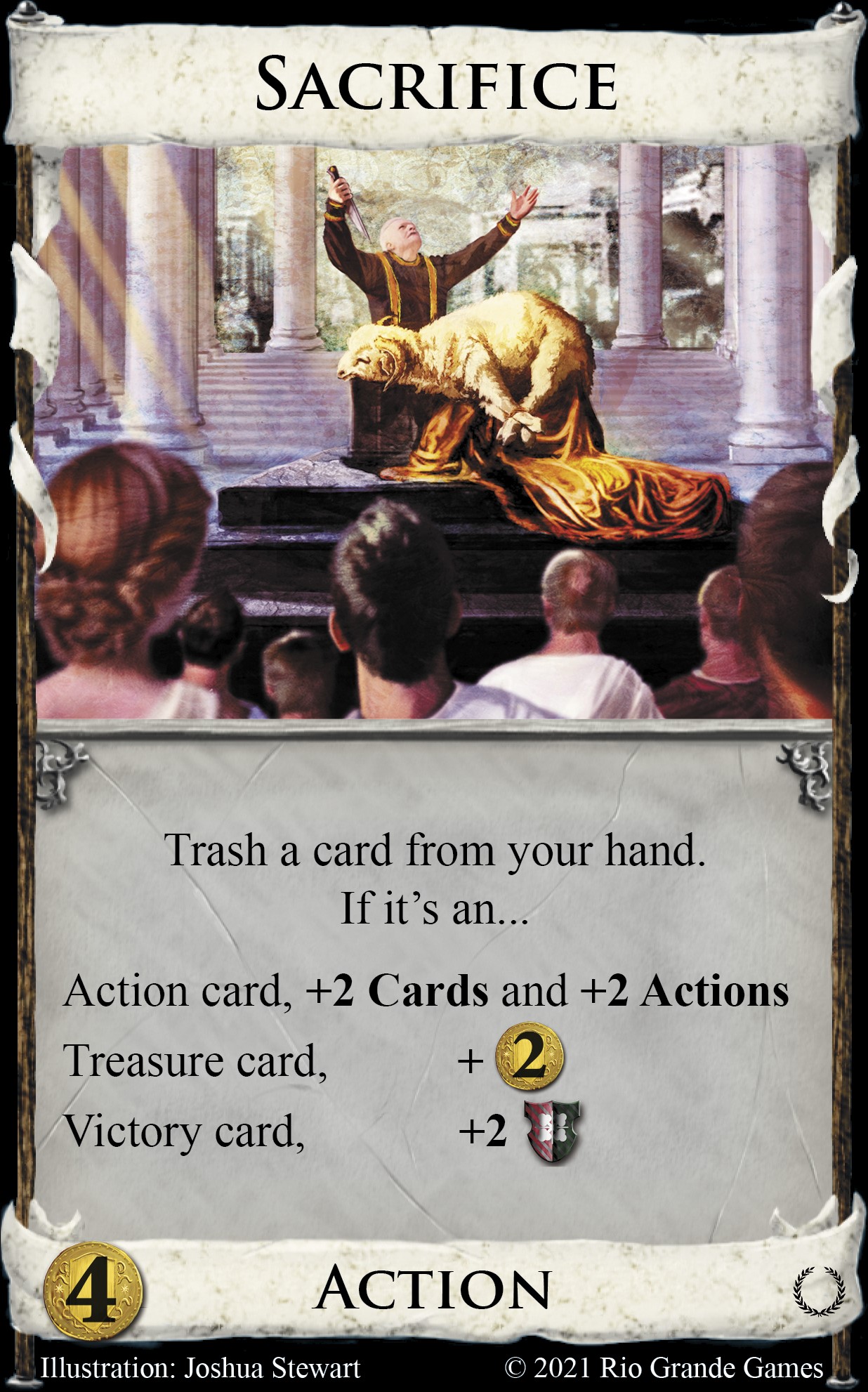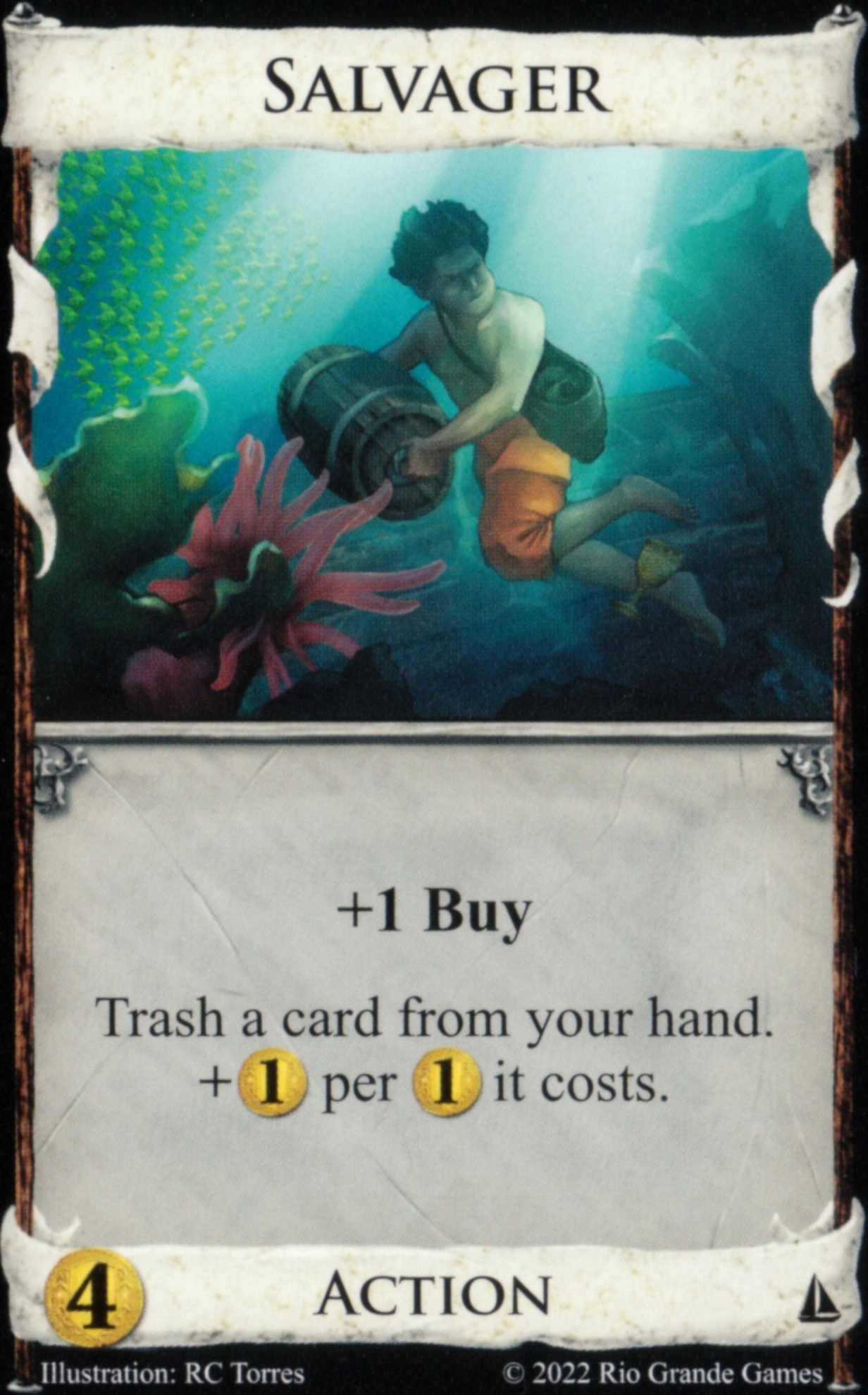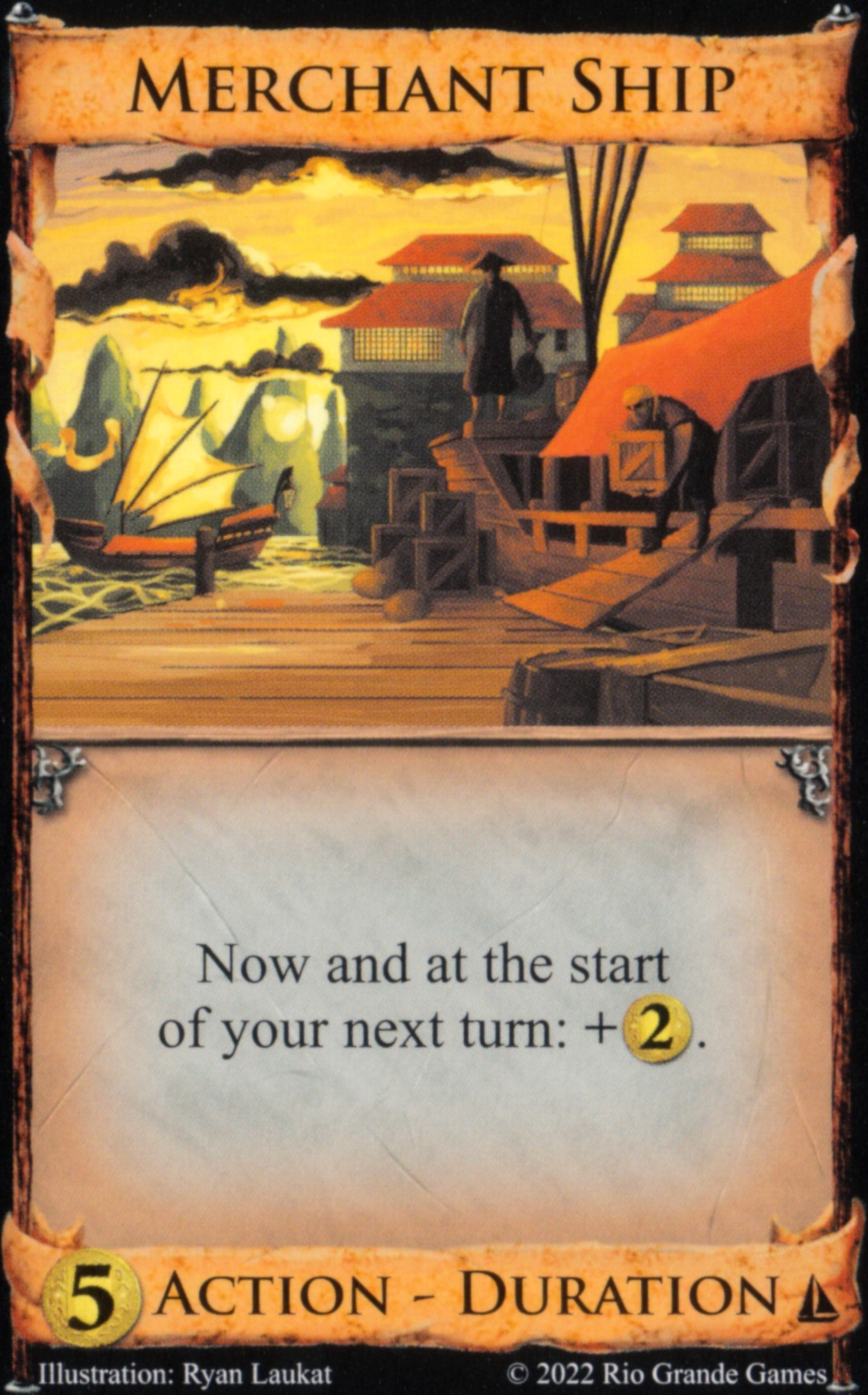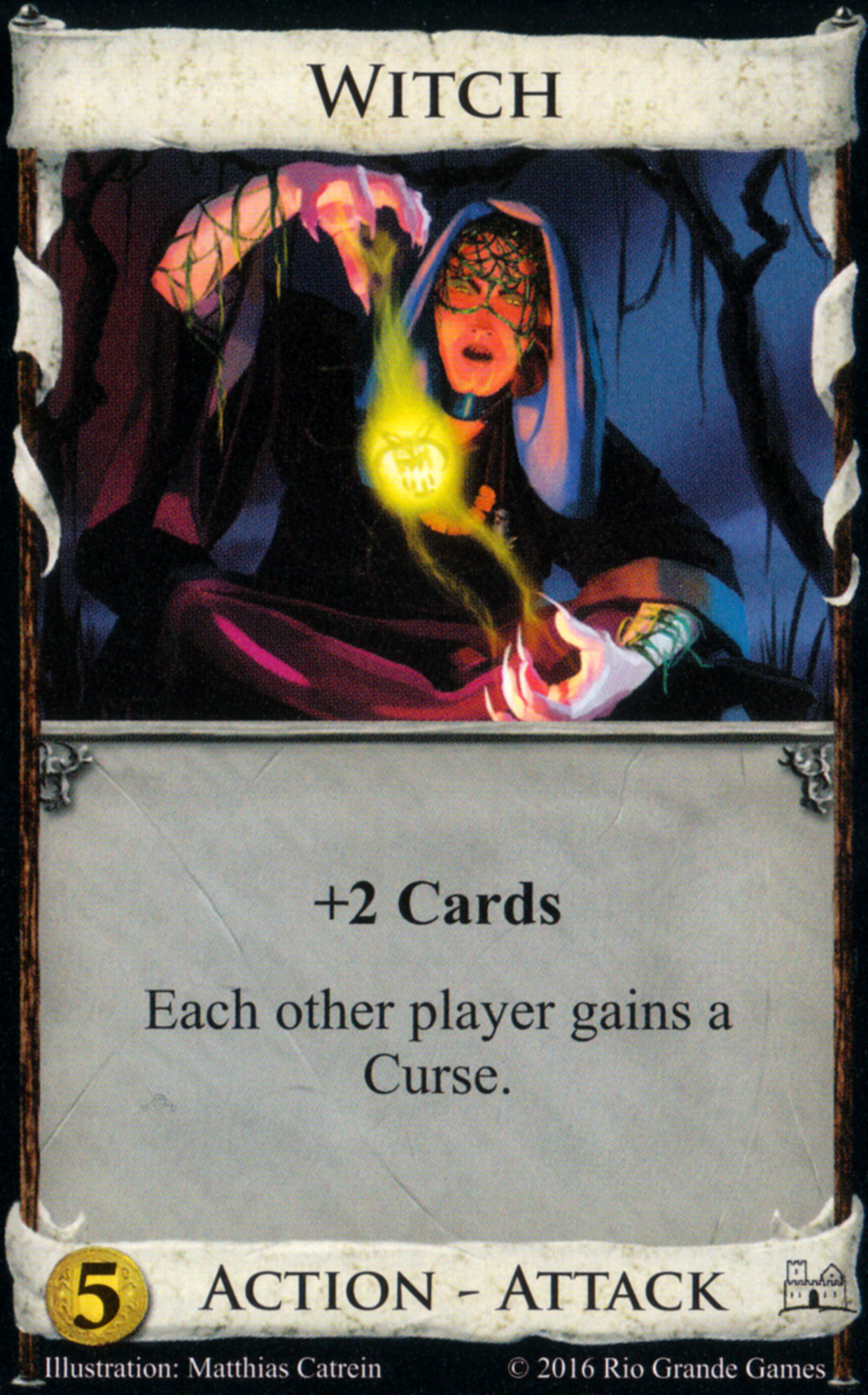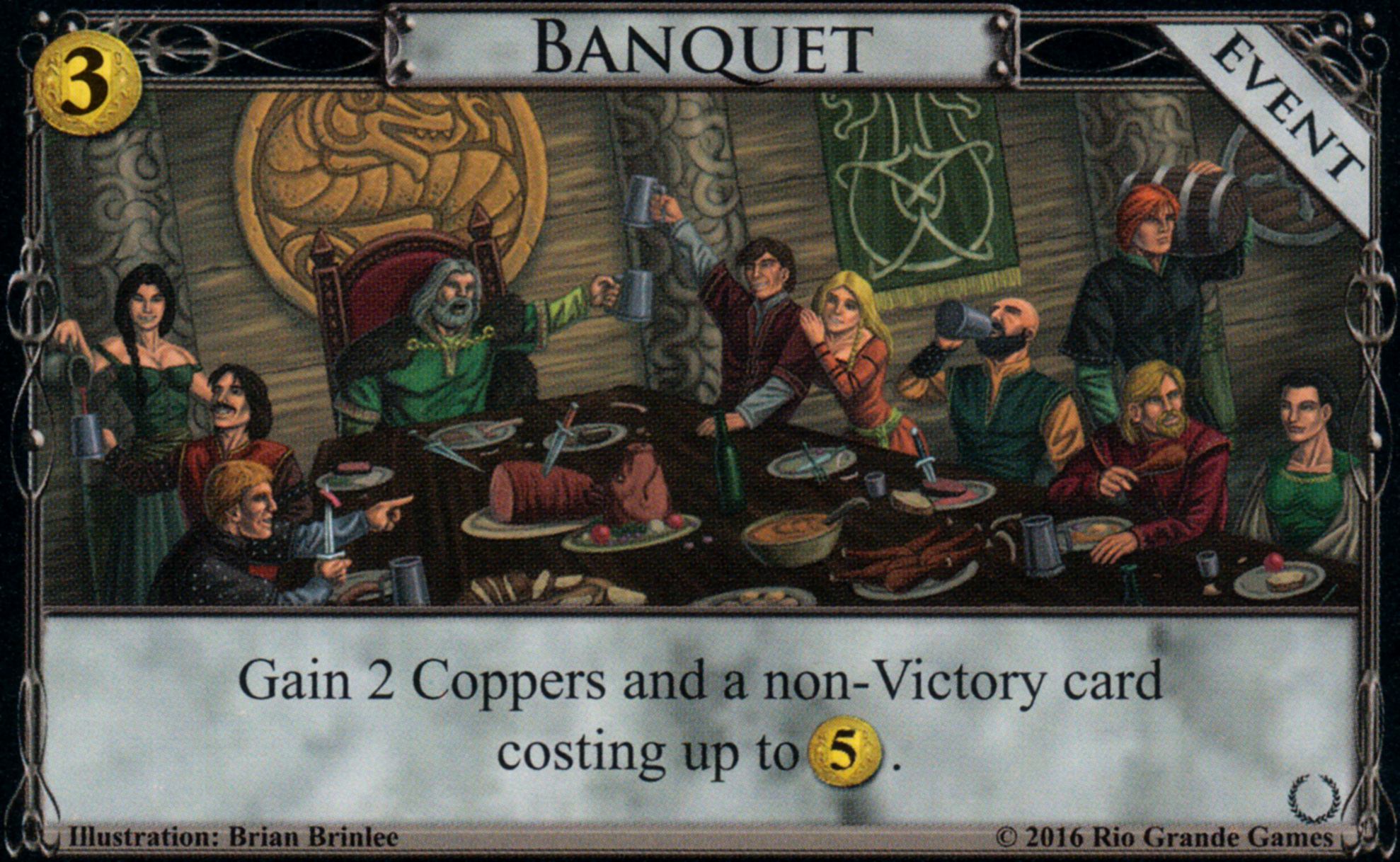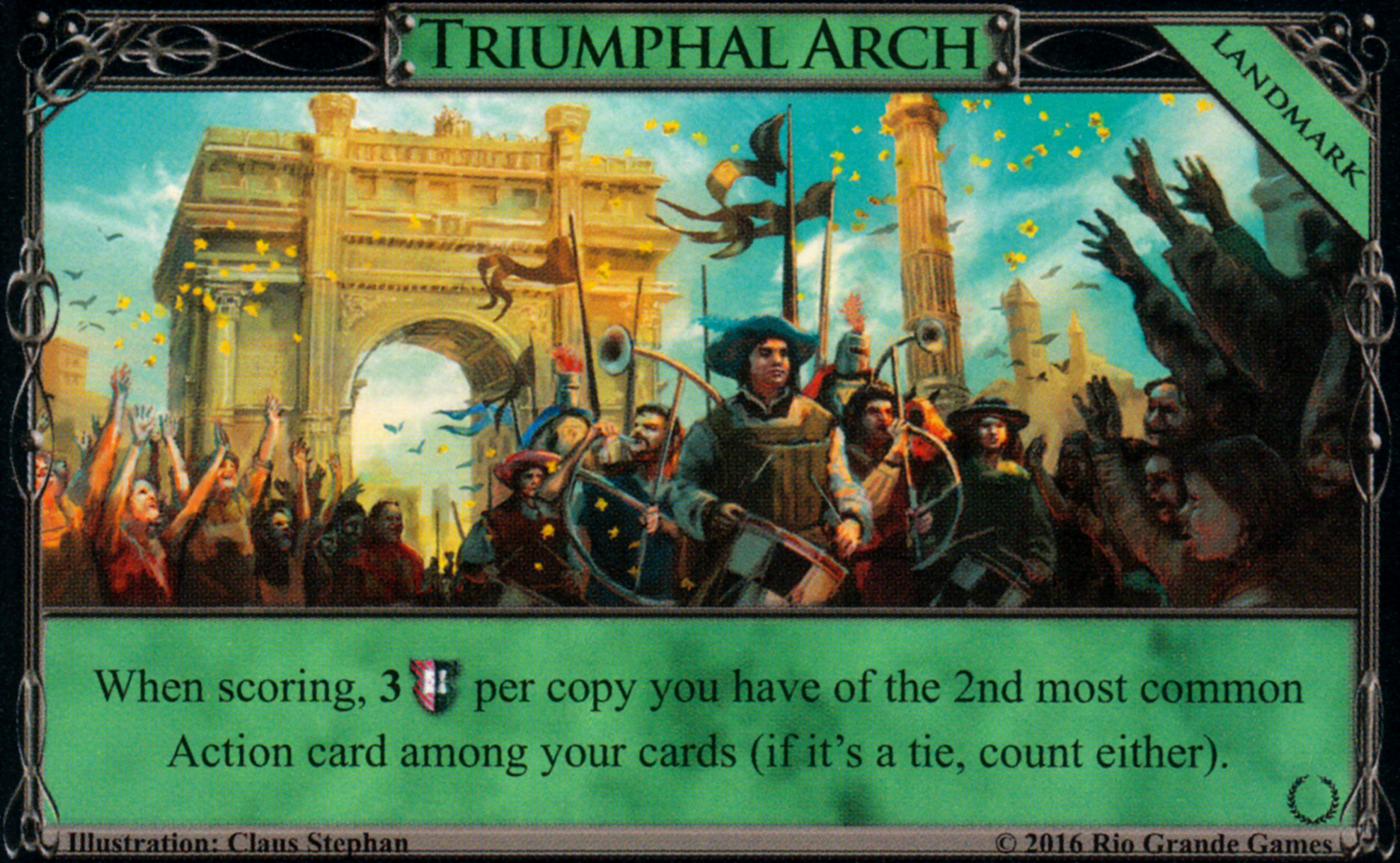This is also a fun thought experiment on other games
For sure. One I've enjoyed doing: instead of doing the random thing, the player doing the random thing chooses the outcome (e.g. orders the cards that would be shuffled, selects the dice roll). Who wins?
For some Magic: The Gathering decks used at the world championship throughout 1998 to 2004 (or rather pairwise matches), this becomes solvable. I imagine player 1 wins at Machi Koro due to first player advantage, they can do everything player 2 can do but earlier. It's not fully coherent who decides the ordering of a shared deck. If the player receiving the card chooses which card to get, then player 1 wins Love Letter: take Princess and then Baron, play Baron.
Who replenishes the market when plants are scrapped in Power Grid? Who selects the plantation tiles in Puerto Rico? Who does the random setup in Terra Mystica? This notion is not always completely coherent, but when it is coherent it often generates interesting puzzles.
For example, the RNG player wins Monopoly.
Is there a simple argument for why this is the case? Like, the deck of random events is cashflow net negative and RNG can make decider hit it arbitrarily often while not landing on any property? Or going through a revolving door in and out of jail?
Let's do a few more.
Love Letter: if RNG plays first, RNG holds double Baron vs. Priest. If RNG player plays second, decider holds double priest, then faces double Baron. RNG wins!
Machi Koro: RNG rolls a 2 on their own turn and a 6 on decider's turn. Decider never lets RNG buy any building with their ever increasing fortune, and decider never goes above $3 and so cannot buy any victory buildings. Stalemate!
Star Realms: RNG cannot prevent decider from playing Viper 50 times, decider makes RNG never play anything. Decider wins.
Terra Mystica: Decider builds Temple, takes... IIRC FAV11, the one that gives 2 VP for building a dwelling. Then decider digs somewhere and builds a dwelling. RNG player never scores any VP. Decider out-earns RNG on the cult tracks, scoring 8 vs. 0-or-2 on each track. This easily outweighs the end-of-game resource conversion on the part of the RNG player. Have each player select the same bonus tiles in a cyclic pattern, and have the RNG player wast their power on e.g. digs or an unspent priest if they need to take an action to make decider quit first.
Puerto Rico: Decider buys a plant matching their crop type, if applicable, and mayors once, then the role selections are Craftsman, Captain, Trader for decider and Prospector, Builder, Settler for the RNG player. The VP earnings are 2 vs. 1 every Captain, for an easy win.
Twilight Struggle: load your opponent up with enough Defcon suicide cards at once I guess? OTOH, I guess a decider can always keep the defcon high enough to survive, then just take control Europe and score it for the win.
Food Chain Magnate: decider hires a Waitress on turn 1 and sends her to work every later turn; the RNG player never hires anyone. Decider wins.
Power Grid: Decider buys plant 4, RNG buys plant 5. Nobody buys any fuel or builds any houses for an awfully large number of turns, then decider buys two coal, builds 21 houses and powers one house for an easy win.
Power Grid: The Stock Companies (v1 and/or v2): decider invests in a company and runs it half-decently, it appreciates in value. In v2, it eventually builds 15 houses and powers one of them. The RNG player never invests. Play variant 3 as base Power Grid.
Splendor: decider has the RNG player only ever pick tokens, decider buys everything in deck 1, then deck 2, then deck 3, except decider will have already hit 15 VP before deck 3 is exhausted. To accomplish this, decider somehow accumulate two chips of every color to buy a card in deck 1, and has RNG player release any necessary chips by going over 10 (focused on other colors).
Coup: RNG always claims roles they don't have and decider calls the bluff. Or, RNG takes one coin per turn and decider steals two per turn. RNG is never forced to shoot decider, decider is forced to shoot RNG.
1846: decider buys any private company, then everybody passes on the second private to make the first private pay out, and repeats doing this until the bank breaks. Decider wins. (This works in several 18xx titles, but not all of them have randomness or 2p variants. I'm using the 2p rules from
https://boardgamegeek.com/thread/1616729/draft-2-player-1846-rules-game-designer). It's noteworthy that you can win before your first "real" turn.
Warpgate: RNG player always spends their action cards drawing more cards. Decider draws cards on turns 1-3, and plays a movement card on turn 4, going towards a group of trade planets. Then, every later round, draw cards on turns 1-3, then play the trade action if you have it on turn 4. If you don't have it, move some ship not in the set of trade planets, and play the trade action on the next turn (they'll be the last two cards of the deck). Eventually get all the trade tokens. They're enough points to defeat an objective that's satisfied by default.

